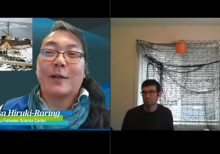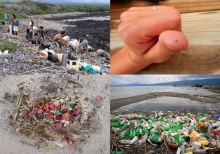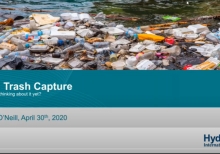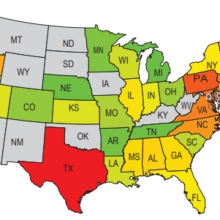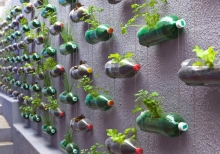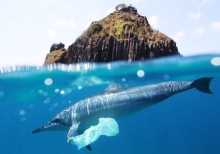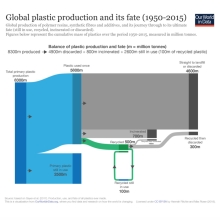Talking Trash: Marine Debris Research In Alaska
With Alaska's extensive, rugged and remote coastline, longer than the rest of the United States combined, innovative and creative approaches are required to address marine debris. Join us to learn about types of marine debris of all shapes and sizes, as well as projects that are being undertaken in Alaska by NOAA and community partners to conduct marine debris research, removal, and prevention
